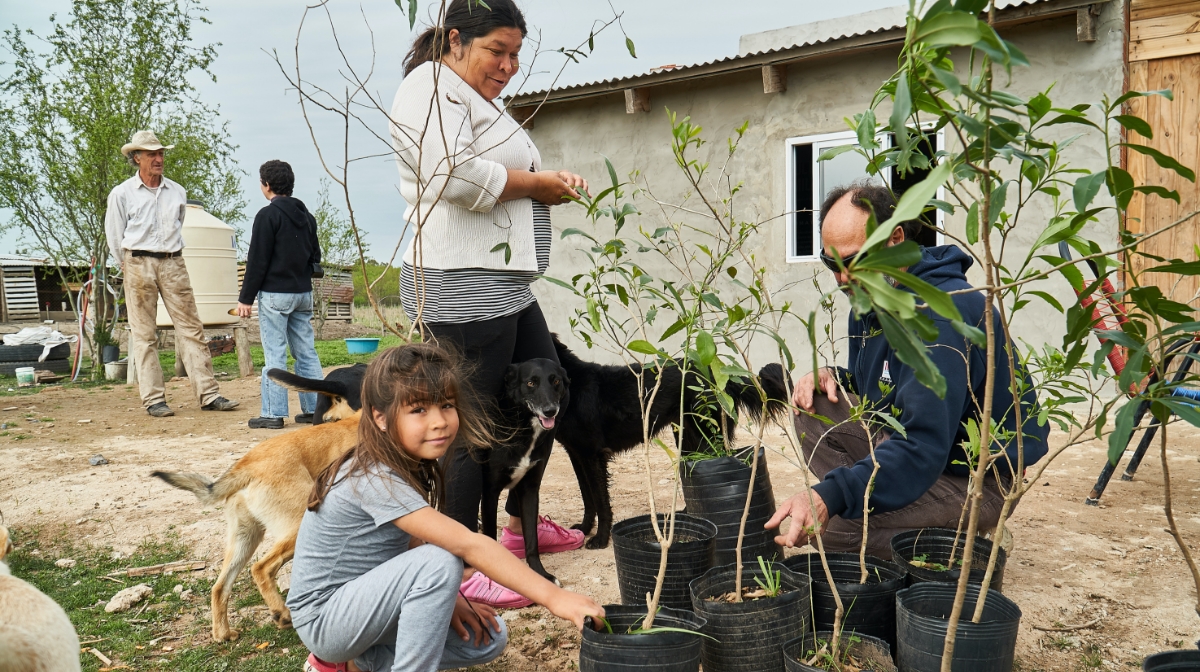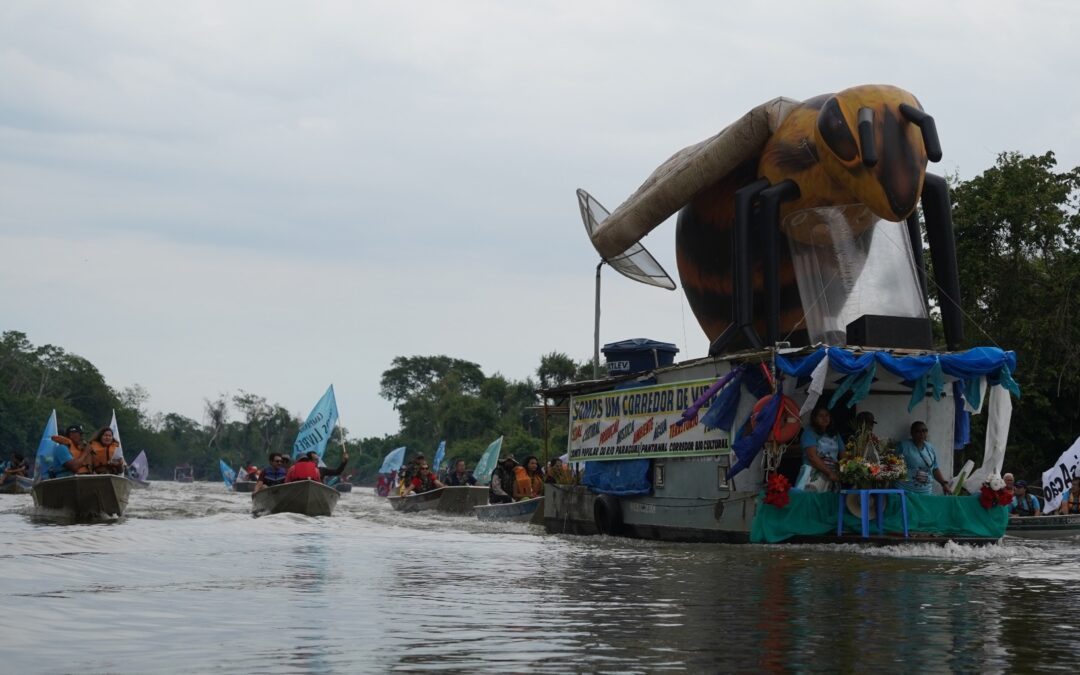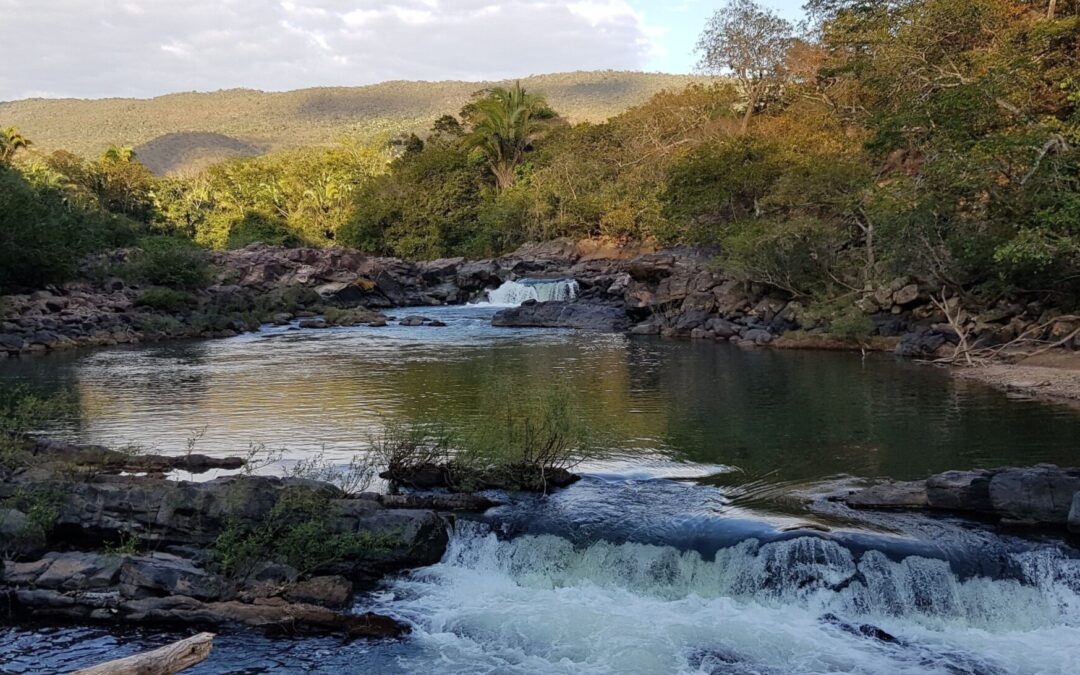Together with communities along the La Plata Basin’s rivers, the Wetlands without Borders network is organising and mobilising people to protect the region’s delicate ecosystem. Through local and national campaigns, we are increasing public awareness of both the value and the vulnerability of the La Plata Basin. In Cáceres, Brazil, the annual celebration of the Dia do Rio Paraguai has become a major festival, attended by thousands of people, including local government officials. In Argentina, Proyecto Pantano, which focuses on the La Plata delta, has become a region-wide educational programme. In Bolivia, our local advocacy efforts have resulted in an increase of attention for and new measures of protection of the Cáceres Lagoon – which was at risk of disappearing for good.
What we have achieved since the start
of our initiative in 2018
1500
The annual Día do Rio has become a large regional event, with the active participation of up to 1500 people each year
50+
Together, we have organised more than 50 campaigns and other civil society actions
10K
Our festivals, protests and trainings have reached the active engagement of tens of thousands community members throughout the entire region
Exclusion from decision-making
The La Plata Basin’s rivers are essential for the health of the wetland area and its people. They are the natural habitat of countless species. They are a source of food and water for drinking, washing and irrigation. They are a means of travel for thousands of riverine communities and play a central role in local culture, beliefs and practices.
Millions of people depend on the ecosystems of the La Plata Basin, either directly or indirectly. They have the right to know and decide about plans and projects that affect the ecosystem on which their lives and livelihoods depend. Yet more often than not, regional and local governments fail to inform local communities about large-scale projects and plans, or do so only at the final stages of the process, when the plan is already fully designed. Policies and plans tend to cater to the interests of economic and political elites who have easy access to policymakers. The ideas and needs of those most dependent on the environment for their livelihoods go unheard.
Wetlands without Borders is working to ensure that people in the La Plata Basin are informed and can make their voices heard about plans and projects that affect their rivers, lives and livelihoods.
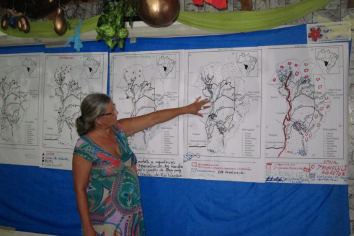
The ideas and needs of those most dependent on the environment for their livelihoods must be taken into account in decision-making processes
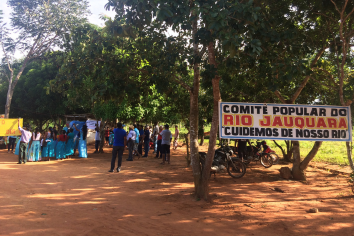
Wetlands without Borders supports local popular committees in collecting, analysing and sharing information about their environment.
Informed and engaged communities
Wetlands without Borders is working to ensure that people in the La Plata Basin are informed and can make their voices heard about plans and projects that affect their rivers, lives and livelihoods. We support local committees in collecting, analysing and sharing information. With our monitoring system for 31 rivers in the Brazilian stretch of the Paraguay river system, we are working to signal and respond to potential threats, and to preserve the health of the rivers.
Through public campaigns, we raise public awareness and mobilise communities to take part in decision-making, such as participation in public hearings, and shape the policies that affect the La Plata Basin ecosystem. At the same time, we engage in dialogue with government authorities and stimulate them to organise official public consultation processes.
